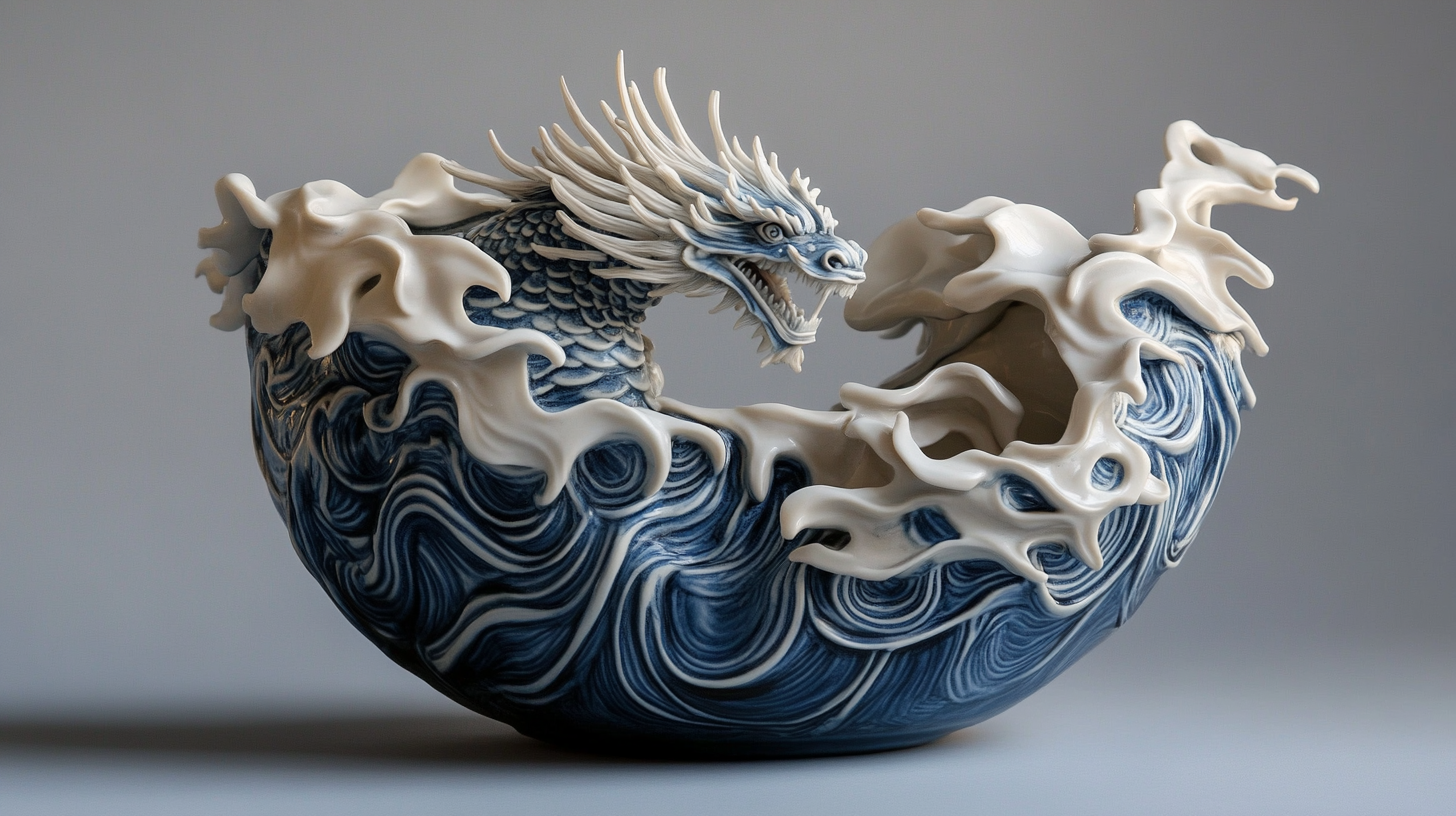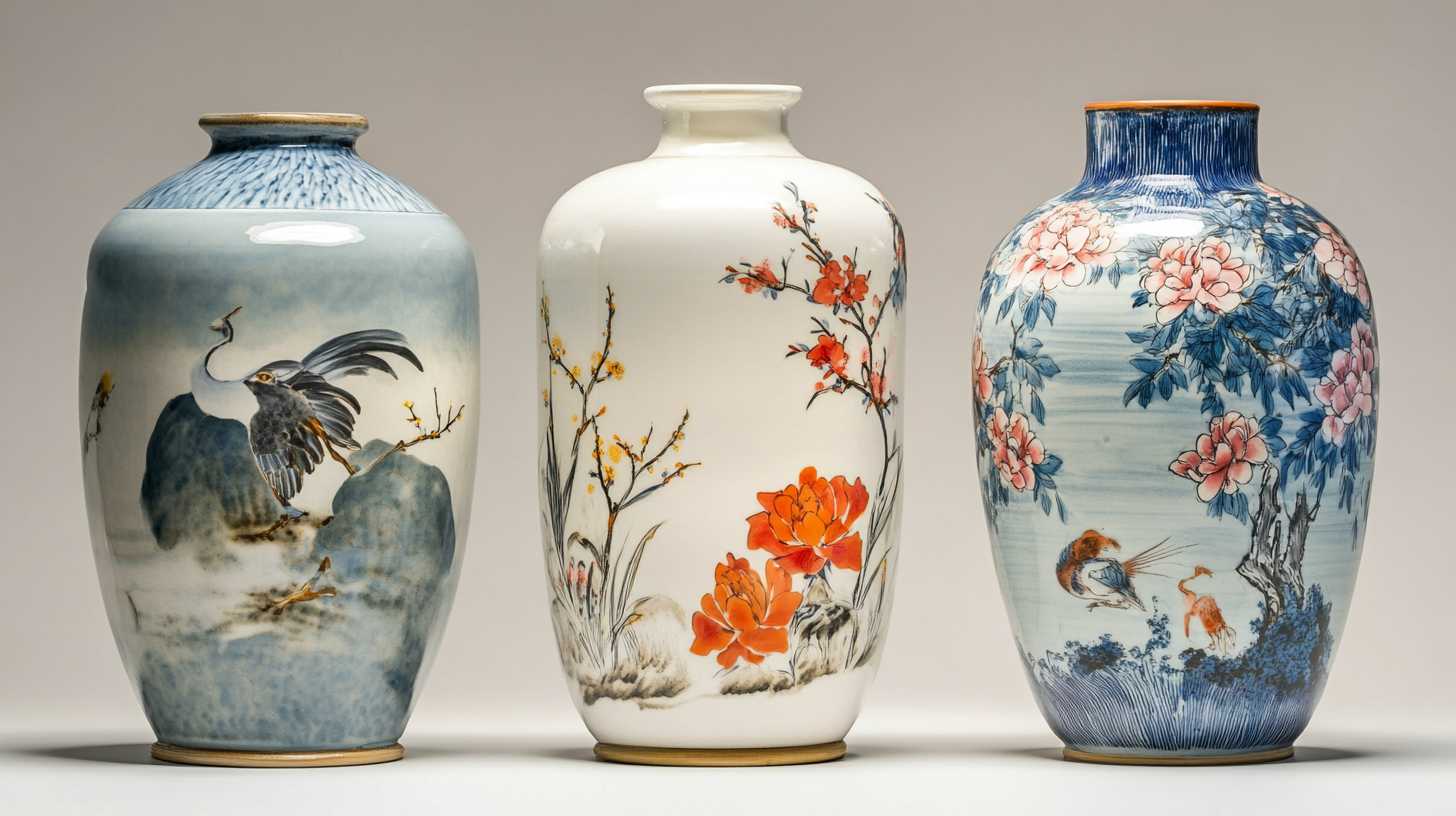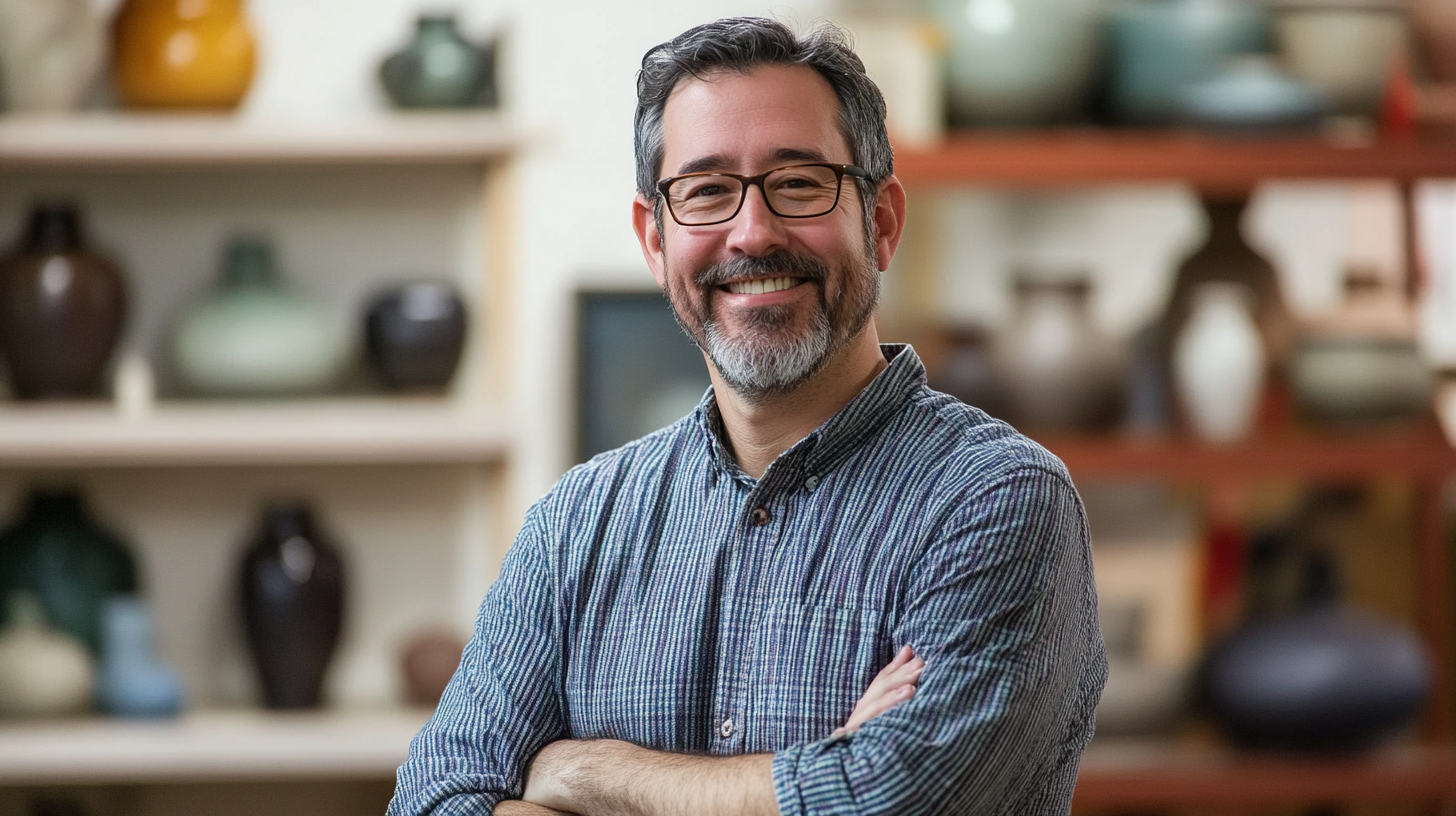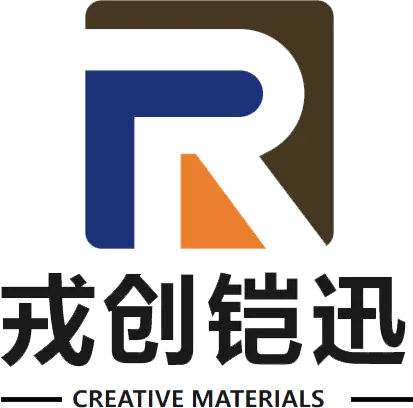In an era marked by escalating trade tensions between the United States and China, many industries have found themselves grappling with the impact of tariffs and shifting market dynamics. However, amidst this uncertainty, Best Made Ceramics has emerged as a remarkable example of resilience and adaptability. The company has not only navigated the challenges posed by increased tariffs on Chinese imports but has also experienced growth in its operations. By focusing on quality craftsmanship and establishing strong relationships with clients, Best Made Ceramics has managed to thrive, showcasing the enduring appeal of well-made products in the face of economic adversity. This blog will explore how the company has turned potential setbacks into opportunities, driving their success while reinforcing the importance of domestic manufacturing in a turbulent international landscape.

In the midst of ongoing US-China trade tensions, Best Made Ceramics has expertly navigated the challenging landscape of tariffs, demonstrating remarkable resilience. One of the primary strategies the company employs is diversifying its supply chain. By sourcing raw materials and components from multiple countries, Best Made not only mitigates the risks associated with tariff fluctuations but also ensures the stability of its production processes. This strategic move allows them to maintain quality while also adapting swiftly to changing market conditions.
Moreover, Best Made Ceramics invests heavily in innovation and product differentiation. By focusing on unique designs and high-quality craftsmanship, they create a niche in the competitive ceramics market. This emphasis on distinctiveness not only attracts customers but also enables the company to justify its price points, offsetting some impacts of tariffs. Additionally, effective communication with consumers about the value behind their products helps in cultivating brand loyalty, which is crucial during turbulent times. Through these strategies, Best Made Ceramics exemplifies how companies can flourish even when faced with external pressures like tariffs.
This chart illustrates the revenue growth of Best Made Ceramics from 2018 to 2023, showcasing their resilience and success in navigating trade tensions and tariffs amidst the ongoing US-China trade conflicts.
Amidst the escalating trade tensions between the U.S. and China, companies like Best Made Ceramics have demonstrated remarkable resilience by focusing on innovation to navigate the complexities of tariffs. The U.S. imposed tariffs as high as 25% on certain ceramics imported from China, prompting many manufacturers to rethink their strategies. According to a recent report by the U.S. International Trade Commission, American ceramic manufacturers who embraced innovative designs and local production methods have outperformed their peers, exhibiting a 15% increase in market share over the last year.
Innovation is key to overcoming trade barriers and ensuring competitiveness in the global market. Best Made Ceramics has invested significantly in research and development, exploring sustainable materials and cutting-edge production techniques. A study from McKinsey & Company highlights that companies that prioritize innovation in response to external pressures are 20% more likely to achieve significant revenue growth. By emphasizing unique product offerings and leveraging technology, Best Made has not only mitigated the impact of tariffs but has also carved out a distinct niche in a saturated market, illustrating the critical role of innovation in today's economy.
| Year | Revenue (Million $) | Export Percentage (%) | R&D Investment (Million $) | New Product Launches |
|---|---|---|---|---|
| 2018 | 12.5 | 40 | 1.2 | 5 |
| 2019 | 14.0 | 45 | 1.5 | 6 |
| 2020 | 16.5 | 50 | 2.0 | 8 |
| 2021 | 18.0 | 55 | 2.5 | 10 |
| 2022 | 20.0 | 60 | 3.0 | 12 |
In a world increasingly defined by trade tensions, Best Made Ceramics exemplifies how agility in business models is key to not only surviving but thriving. With the impact of tariffs creating new challenges, the company has embraced a proactive approach, reassessing its supply chain and diversifying its product offerings. This adaptability allows Best Made to cater to a broader market while mitigating risks associated with international sourcing.
**Tip 1:** Always evaluate your supply chain periodically. Identify potential vulnerabilities linked to geopolitical issues and explore local sourcing options to enhance resilience.
Furthermore, Best Made has invested in innovation, developing unique ceramic designs that appeal to evolving consumer preferences. By keeping a finger on the pulse of market trends, they can pivot quickly, ensuring their products remain relevant even as external pressures mount.
**Tip 2:** Encourage a culture of innovation within your team. Regular brainstorming sessions can unleash creative ideas that keep your business ahead of competitors.
Ultimately, Best Made Ceramics shows that an adaptable business model, coupled with a commitment to innovation, can transform challenges into opportunities, setting the stage for sustained success amid uncertainty.

In the current climate of heightened trade tensions, companies like Best Made Ceramics have discovered that cultivating strong supplier relationships is key to navigating the complexities of tariffs and tariffs-related challenges. Building trust and open lines of communication with suppliers has allowed Best Made to secure high-quality materials while minimizing the financial implications of unpredictable tariffs. By fostering these relationships, the company not only ensures continuity in its supply chain but also gains valuable insights into market trends and shifts in production costs.
Additionally, leveraging reliable local suppliers has become a strategic advantage for Best Made Ceramics. By sourcing materials domestically or from countries less affected by trade restrictions, the company can maintain competitive pricing and mitigate risks associated with international supply chain disruptions. This proactive approach not only bolsters their operational resilience but also positions them as a responsive player in the ceramics market, capable of swiftly addressing customer needs in an ever-evolving landscape. As trade challenges persist, the emphasis on robust supplier partnerships continues to be a cornerstone of their success.

Amidst the ongoing US-China trade tensions, consumer trends have taken center stage in shaping resilient manufacturing practices, as demonstrated by Best Made Ceramics. As tariffs fluctuate, companies that adapt to shifting consumer preferences not only survive but thrive in this turbulent landscape. Recent reports highlight that Asian consumers are transitioning from cautious spending to purpose-driven consumption, indicating a shift towards more meaningful purchase decisions. This shift influences manufacturers to realign their strategies, emphasizing quality, sustainability, and brand values that resonate with consumers' evolving desires.
The concept of resilience in manufacturing goes beyond mere survival; it involves taking proactive measures to enhance adaptability and responsiveness. Industries are increasingly leveraging shared manufacturing models that bolster supply chain resilience, enabling companies to share resources and reduce overhead costs. By integrating digital technologies into their operations, manufacturers can achieve greater flexibility and efficiency, positioning themselves to better navigate uncertainties brought about by geopolitical tensions and market fluctuations. This strategic approach not only strengthens their market presence but also aligns with a modern consumer base that values transparency and sustainability in the products they choose.
